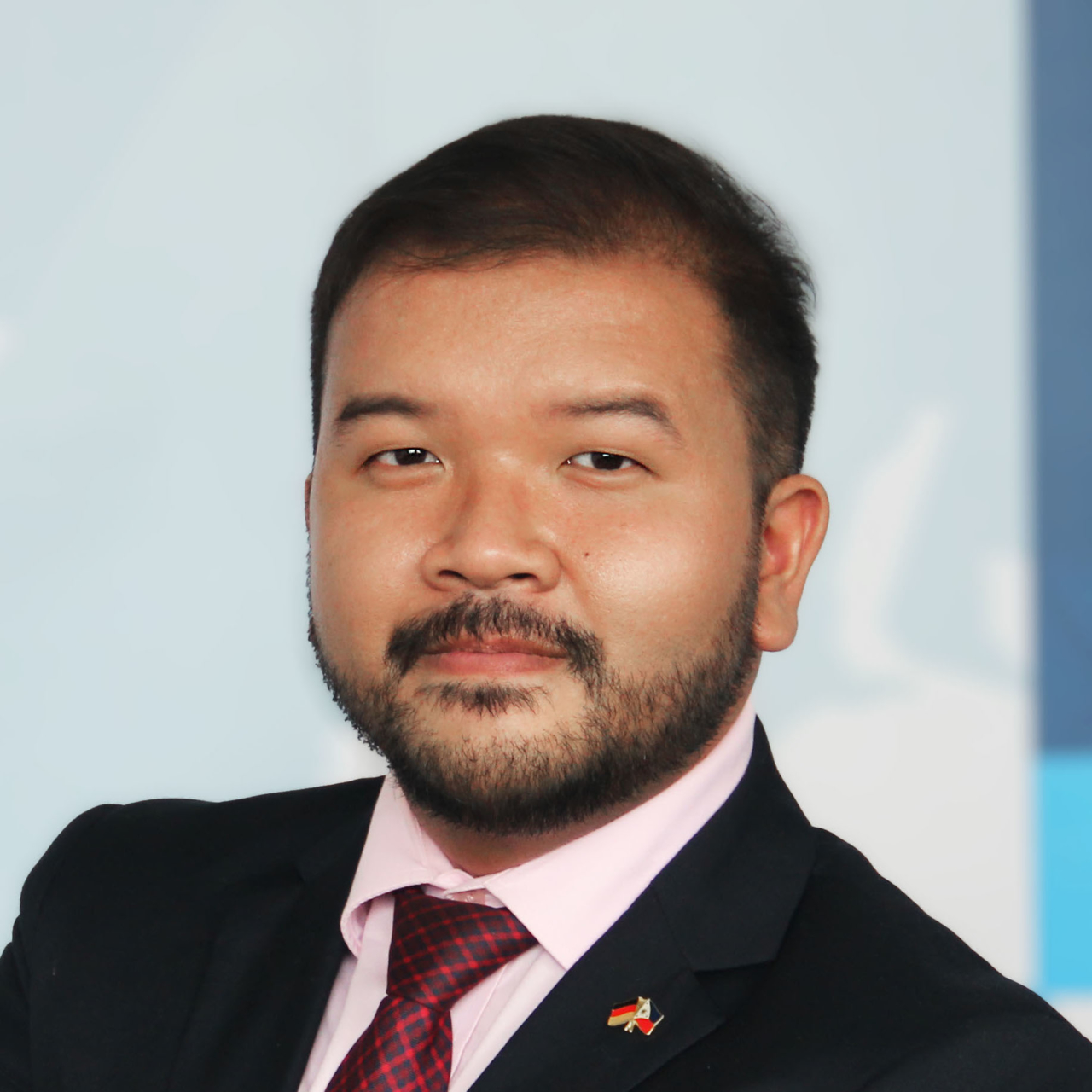
Yves Aguilos
Head of Government Affairs and Data Privacy Officer Government Affairs
+63 (2) 8519 8110 yves.aguilos@gpcci.org
The event brought together key stakeholders from brain and spine specialty centers, patient organizations, and advocacy groups, government institutions, and the private sector to promote multi-sectoral collaboration, focused on identifying systemic gaps, addressing barriers, and exploring targeted interventions to strengthen continuum of stroke care.
Mr. Mathias Kruse, Deputy Head of Mission at the German Embassy Manila, opened the roundtable by underscoring the importance of fostering dialogue on integrated approaches to enhance stroke care implementation across the Philippines.
Representatives from the public health sector presented updates to the national stroke policy framework, emphasizing its role in delivering quality healthcare services for stroke patients. They also reaffirmed the policy’s alignment with the Universal Health Care Act, reinforcing its commitment to accessible and equitable care.
Dr. Cristina Macrohon-Valdez, President of the Stroke Society of the Philippines, highlighted the society's roadmap and strategic goals which is built upon the national stroke framework, serving as its foundational pillar. She presented key advances and innovations, including training programs for Emergency Medical Services (EMS) personnel in local government units, including activation of Project TricyCall, Stroke Nurse Master, and Acute Stroke Ready Hospital certification program. At the same time, she acknowledged ongoing challenges in stroke care delivery and its cost of illness, calling for continued collaboration to address these gaps.
Ms. Suzette Ann Sarmiento and Atty. Exequiel Sy of the Philippine Health Insurance Corporation (PhilHealth) presented the current guidelines on case rates for acute stroke, available coverage for physical medicine, rehabilitation services, and assistive mobility devices for stroke patients, as well as their ongoing review of policies in collaboration with societies, and target expansion of benefits, underscoring their commitment to supporting access to. Their presentation underscored PhilHealth’s role in supporting access to essential stroke care and rehabilitation.
Dr. Giovanni Navario, representing Boehringer Ingelheim Philippines, highlighted the pharmaceutical industry's contributions to healthcare development in the country. He shared how efforts have evolved from fragmented to a concerted approach, highlighting private industry's active collaboration with the SSP, international organizations such as the WSO and ESO, and other industry partners, demonstrating unified commitment to supporting and strengthening the government's national stroke framework.
From the perspective of patient advocacy, Ms. Karen Alparce-Villanueva of the Philippine Alliance for Patient Organizations emphasized the importance of empowering patients through education and awareness about stroke. She advocated for equitable access to healthcare and called for stronger support systems to help patients achieve better health outcomes.
Following the presentations, an open forum was held, allowing participants to engage in a deeper discussion on the national stroke policy framework and the challenges faced by health centers and hospitals in delivering effective stroke care. Key insights from the forum included:
Dr. Lennie Lynn Chua-De Castillo of the University of the Philippines – Philippine General Hospital closed the event with a synthesis on the presentations and the discussions. "This event is a testament to our commitment in making the Philippines one step closer to achieving our shared goals towards quality stroke care,” she stated.
She highlighted continued collaboration between each sector in addressing stroke care concerns and developing ways that will provide quality services for stroke patients in the country.
GPCCI extends its sincere appreciation to the following organizations for their participation and valuable contributions to the discussion.
Head of Government Affairs and Data Privacy Officer Government Affairs
+63 (2) 8519 8110 yves.aguilos@gpcci.org

